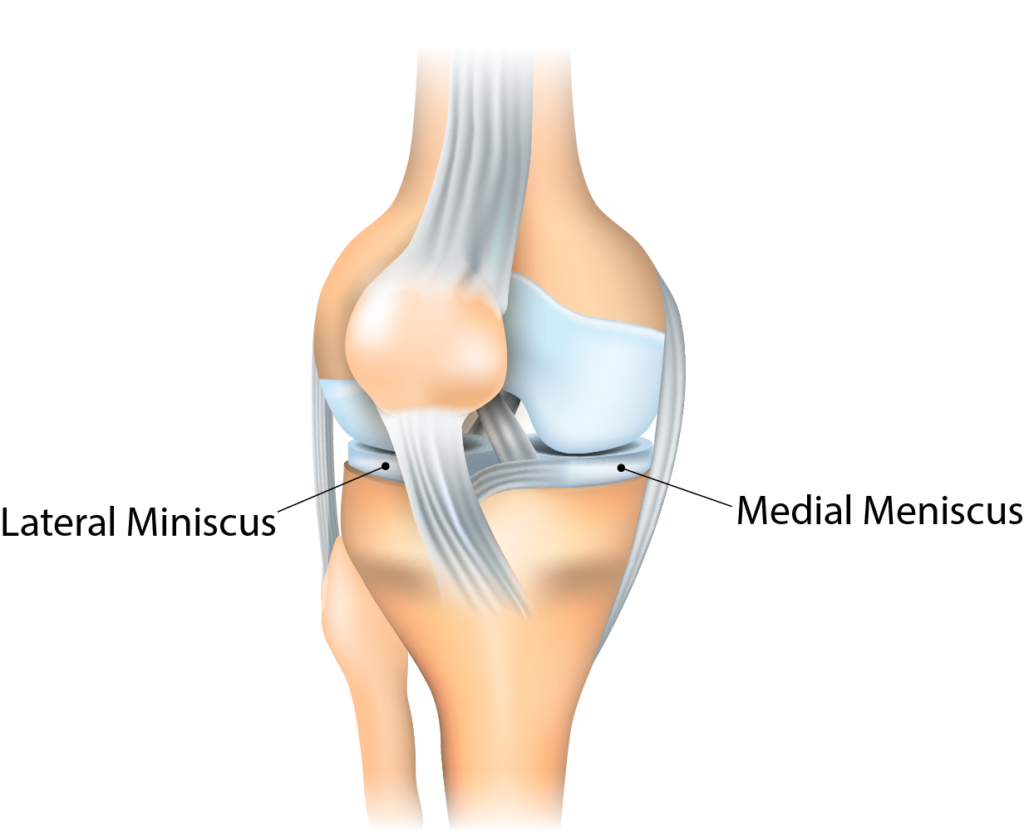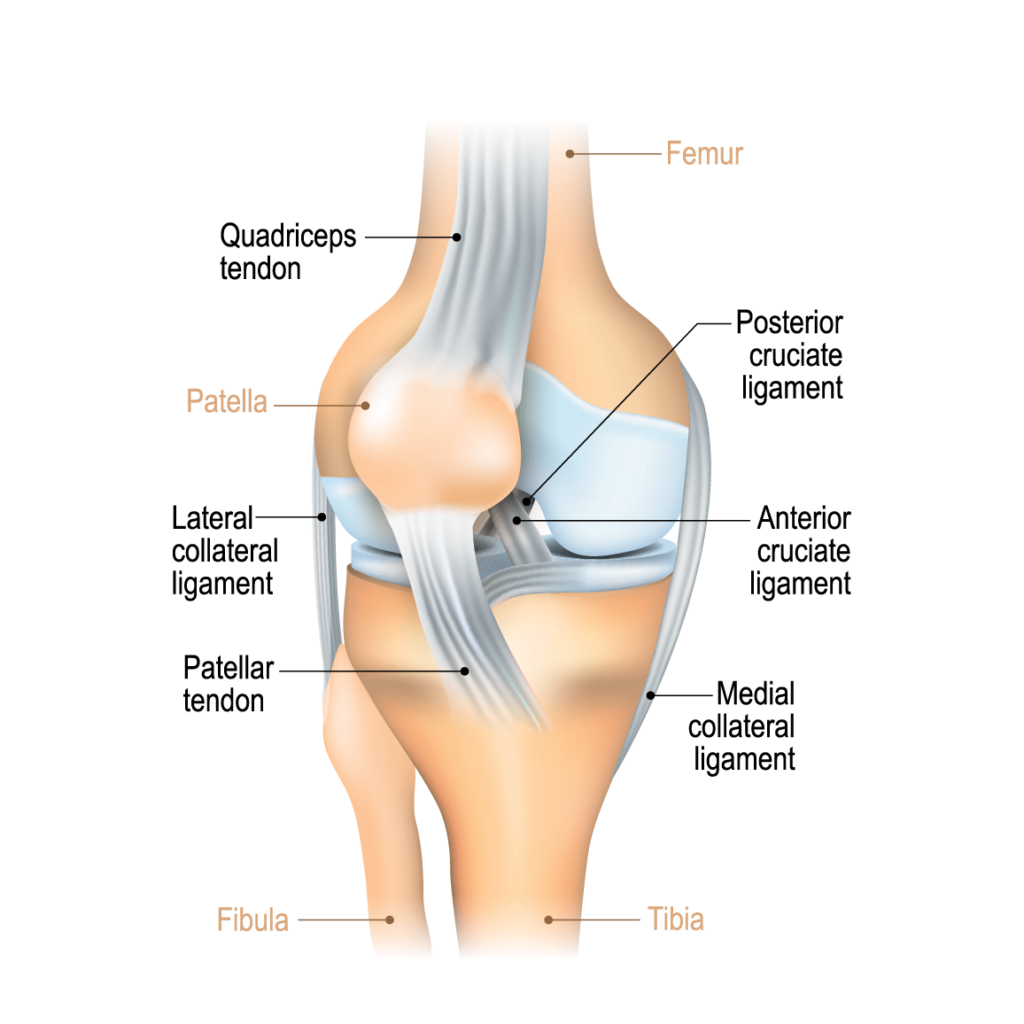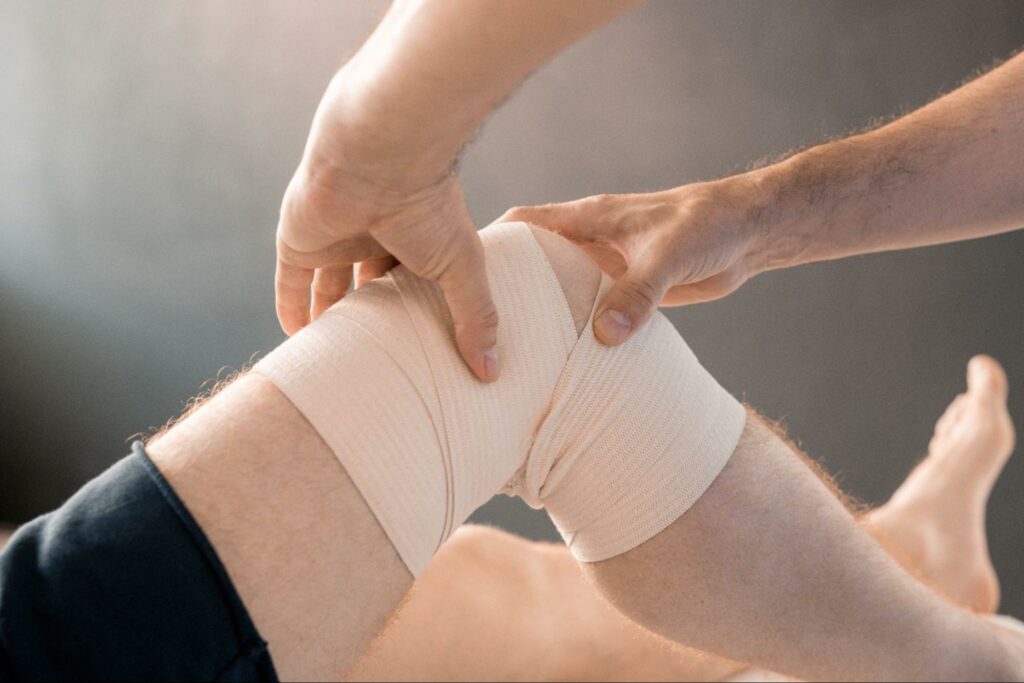
Knee Injuries from Car Accidents: Causes, Types, and Treatments
The knee is at high risk of injury during a car accident. The blunt force trauma of a collision can cause the knee to painfully twist, tear, or slam against the steering wheel or dashboard. Common accident injuries include meniscus injuries, ligament injuries, knee fractures, and knee dislocations.
Your knees are crucial for your overall mobility and function. If you injure one or both knees during a wreck, the damage can limit your ability to move freely for weeks or even months. If a knee injury from a car accident is not treated immediately—and correctly— it can permanently restrict your mobility.
Take a look at the common causes of car accident knee injuries, why these injuries occur so frequently, and the signs that your damage may be severe. Then, learn how a car accident attorney can help fight for your right to fair compensation so that you can heal without worry.
Causes of Car Accident Knee Injuries
The trauma of a car accident can force the knee into several dangerous positions. For instance, many drivers contract or tighten their muscles when they slam on their brakes or brace for impact before a collision. Once the car crashes, the blunt force can painfully twist or tear the structures within the knee, causing common accident injuries such as a torn meniscus.
“Dashboard knee” is the most common cause of knee injury in car accidents. Dashboard knee occurs when the energy of the collision thrusts the body forward into the dashboard or steering wheel. The force of impact of this dashboard injury can shatter the bones of the knee cap and severely damage surrounding structures, such as ligaments.
How Common are Knee Injuries?
The state of West Virginia averages upwards of 1,000 serious car accident injuries per year. Of these injuries, approximately 10% are to the knee, according to an extensive study of the National Highway Traffic Safety Administration database. Most knee injuries occur during head-on collisions, but similar injuries can be sustained during rear-end car crashes.
Knee fractures compose a good deal of severe knee accident injuries. Severe non-fracture knee injuries, such as ligament tears, account for 20 out of every 1,000 injuries. Analysts discovered that female accident victims are more likely to experience a knee contusion than male victims, though the trauma of a collision can be dangerous regardless of gender.
Common Types of Knee Injuries in Car Accidents
The knee joint connects the thigh bone (femur) to the shinbone (tibia). The knee cap, called the patella, rests on top of a network of cartilage and ligaments to mobilize the entire leg. A car accident victim can suffer several types of knee injuries because the knee is such a complex structure, including:
- Meniscus Injuries
- Ligament Injuries
- Fractures
- Dislocations

Meniscus Injuries
The knee is composed of two pieces of cartilage, called the medial meniscus and lateral meniscus. These pieces of cartilage that act as cushions for the knee joint. Cartilage is a type of connective tissue that is much softer than bone. The sudden impact of a collision can force cartilage to rotate or twist, causing a torn meniscus.
A torn meniscus usually results in pain, stiffness, and swelling at the injury site. A severe tear may also restrict the range of motion in the knee joint, limiting the mobility of the entire leg. Meniscus injuries typically require a physical exam and medical imaging, like an MRI, for proper diagnosis.

Ligament Injuries
Ligaments are connective tissue that forms the knee joint. The trauma of a car accident can overstretch one of the four ligaments in the knee, causing the tissue to tear. Though you can still technically walk with a torn ligament in your knee, the pain and instability may prove difficult.
The four main ligaments and respective ligament injuries in the knee include:
Posterior Cruciate Ligament (PCL) — Controls backward movement. Also known as “dashboard knee,” a torn PCL is typically caused by a direct impact, such as when the knees strike the dashboard during a collision.
Anterior Cruciate Ligament (ACL) — Controls rotation and forward movement. A torn ACL is common among sports injuries but can occur during car crashes when the knee joint is overextended, twisted, or struck.
Medial Collateral Ligament (MCL) — Balances the inner knee. A torn MCL occurs when blunt trauma forces the knee sideways, such as when the knees strike the vehicle door.
Lateral Collateral Ligament (LCL) — Balances the outer knee. A torn LCL is caused by a sudden sideways blow to the knee, though pain with this injury will localize outside of the knee.
A torn PCL is the most common ligament injury, accounting for nearly 20% of all knee soft tissue injuries. Ligament injuries will produce inflammation and pain at the injury site and cause the knee to pop and buckle while walking. Symptoms of a torn PCL mimic a torn ACL, making a proper diagnosis with medical imaging crucial to effective treatment.
Fractures
A kneecap fracture is a common knee injury from a car accident. The force of impact may cause the knee to slam against the dashboard with enough force to partially or entirely break the kneecap bone, called the patella. A car accident may also crush or fracture the tibial plateau, a bone that makes up the bottom half of the knee joint.
Knee fractures account for up to 10% of all serious accident injuries. The injury may heal without a cast if a fracture does not shift the bone out of place. Surgery may be necessary when a fracture forces the bone to become unstable or protrude from the skin.
Dislocation
A knee dislocation occurs when a bone in the knee joint shifts out of place due to blunt force trauma. Mild dislocations may cause the bone only partially to shift, causing pain and stiffness. Severe dislocations will cause extreme pain and swelling as well as an inability to walk or stand. Serious knee dislocations will require surgical intervention.
Knee Injury Symptoms
Medical treatment should always be one of the first steps after a car accident with injuries. After a wreck, watch for the following symptoms of a knee injury from a car accident:
- Bruising or discoloration
- Inflammation or swelling
- Redness and warmth to the touch
- Popping or clicking noises when moving
- Weakness or instability
- Limited range of motion
You should visit the emergency room immediately if you’re experiencing:
- Inability to place weight on the knee
- Feel as though the knee is unstable or will give out with movement
- Loss of range of motion or inability to extend and flex the knee
- Noticeable deformity or odd shape in the leg or kneecap
- High fever
It may not be instantly apparent that you sustained a knee injury from a car accident. Some accident victims suffer delayed symptoms 24 to 48 hours after the collision, including swelling or bruising. It is recommended to visit a doctor as soon as possible to catch the injury early and deal with it head-on.

Possible Outcomes and Treatments for a Knee Injury
Treatment for a knee injury from a car accident will vary depending on the injury severity. A minor injury, such as a mild dislocation or minor tear in the meniscus, may only take four to eight weeks to heal. A more severe injury, like a fractured kneecap or torn PCL, may take anywhere from three to 12 months to fully recover.
Some treatment methods include:
- RICE Method: Minor injuries like a mild cartilage tear will likely only require the RICE method, an acronym that stands for Rest, Ice, Compression, and Elevation.
- Medication: Both prescription and over-the-counter medicines may be necessary to bring down inflammation and pain in the knee.
- Physical Therapy: Physical therapy may be necessary to strengthen the muscles and ligaments in the knee and leg.
- Surgery: Severe fractures and completely torn ligaments may require surgery to heal fully.
A knee injury from a car accident can have life-long side effects, including lasting pain and limited range of motion. Damage to joints and bones, in particular, may lead to degenerative or post-traumatic osteoarthritis—even with treatment.
Over time, the costliness of medical treatment can add up, especially for routine pain management or even continued surgeries, which can average $10,000 per surgery.
Can You Sue for a Knee Injury Sustained in a Car Accident?
Yes, it is possible to sue for a knee injury sustained in a car accident. If you have been injured in a crash caused by someone else’s negligence, their auto insurance company should compensate you for your damages. Damages can include current and future medical bills, lost wages, pain and suffering, and more.
If the insurance company refuses to compensate you or doesn’t offer fair compensation, you can work with a personal injury firm to file a lawsuit. In West Virginia, there is a time limit to file a claim for car accident damages. You have two years from the date of the accident to file an injury claim with a car accident attorney. The settlement amount for a knee injury claim varies depending on the injury severity and the individual factors of the case. Moderate to severe knee injuries may result in a $70,000 to $150,000 settlement, and more severe knee injuries can receive a settlement upwards of $1 million. However, these settlements are not guaranteed, and the worth of your injury will rely on your unique case.
How a Car Accident Attorney at The Miley Legal Group Can Help
After suffering the pain and stress that comes along with a knee injury from a car accident, do not attempt to navigate the injury claims process alone. At The Miley Legal Group, we offer accident victims a free consultation to provide guidance in these troubling times. Contact The Miley Legal Group today to learn more about your legal rights after an accident injury.

